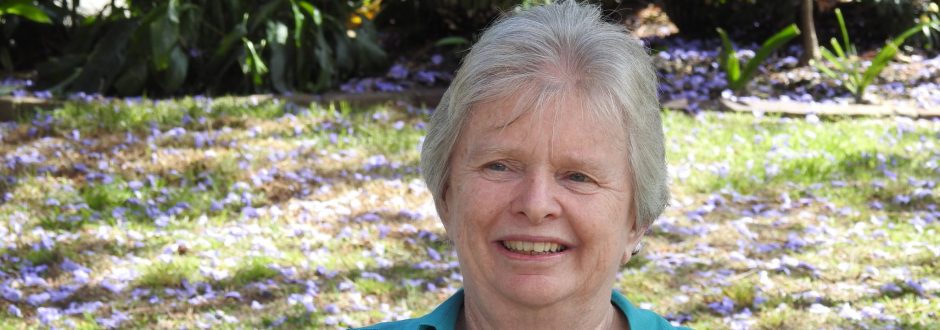People who seek asylum are not ‘illegals’. They are human beings, just like you and me, writes Good Samaritan Sister Clare Condon.
BY Clare Condon SGS
This week, on June 20, people of goodwill worldwide will take time to commemorate World Refugee Day. Held annually, it’s an opportunity to draw attention to the plight of people who have been forced to flee their homes due to fear of persecution.
According to the United Nations Refugee Agency, “more that 42 million people around the world have been forcibly displaced from their homes and communities”. That’s close to double Australia’s total population.
So why is it that Australia is so miserly, to say the least, in welcoming refugees and asylum seekers to this land of opportunity and extraordinary natural wealth? Why are we being mean-spirited, fearful and condemnatory, especially to those who desperately risk entry to Australia by a treacherous sea journey? Why is the focus of national debate on the people-traffickers and not on the desperate people being trafficked?
The Refugee Council of Australia says that, in 2012, a mere 14,415 people arrived on our shores by boat. That’s only 0.06 per cent increase in our population. The arrival of refugees over the past ten years has been during a period when Australians have enjoyed continuous growth in Gross National Product (GNP). At this current time, the nation has one of the lowest unemployment rates in the developed world.
In the past two weeks we have witnessed another 55 people perish in Australian waters. They died an ignominious death – no names and no retrieved bodies. People with no identity! And yet, they were someone’s husband, wife, brother, sister or child. They took desperate risks, hoping against hope for a new life. They are now dead.
People who seek asylum are not ‘illegals’. They are human beings, just like you and me, who, through circumstances of birth or nationality, find themselves in intolerable positions of war, civil unrest, dictatorships and persecution. This can be difficult to comprehend for someone born and bred in Australia.
So why does our government treat them in such a punitive way? The policy of detention keeps them as statistics, out of sight from most Australians. They are rendered invisible. Without any citizenship rights, they have no power within the electoral process. Their stories are not told, so their stories are not heard by Australian citizens. Therefore, they can be easily demonised and tragically stereotyped.
It was in August 2001, during the infamous Tampa event, that electoral cynicism, fear and denigration exposed a deeply flawed aspect of Australia’s national character. In the intervening years, it seems that cynicism and fear have prevailed. Ugly populism has won the day! Any spirit of goodwill and basic hospitality to our global neighbours has evaporated. The spirit of a ‘fair go’ and justice has disappeared from the national discourse.
I fully support the principle that each sovereign nation has the right and responsibility to regulate the entry of people into its nation. But such regulation must be just and fair, not punitive. It should not impose physical and psychological harm upon innocent people, especially children. Extended detention does such harm. A policy that prevents asylum seekers released into the community from working in order to provide for the well-being of themselves and their families, is destructive of them and diminishes us as a nation.
It seems that while we as a nation are seeking to redress the atrocities of the past, such as the treatment of our First Peoples and the transportation of young children from Post World War II Britain, the current regime of detaining refugees and asylum seekers, especially of women and children, is continuing such atrocities. Have we not learnt anything?
Statistics have never changed the hearts of people. Stories do. If we could find a way to bring the real ‘boat people’ out of the darkness of detention into the visibility of the community, there could be opportunities for them to tell us their stories. Then, maybe, the conscience of the nation might be re-discovered. There would be no place for the rhetoric of “turn back the boats” or “off-shore processing”, but rather, let’s support these people and welcome them as true neighbours. Different ways could be found for bringing them safely to this land of plenty.
